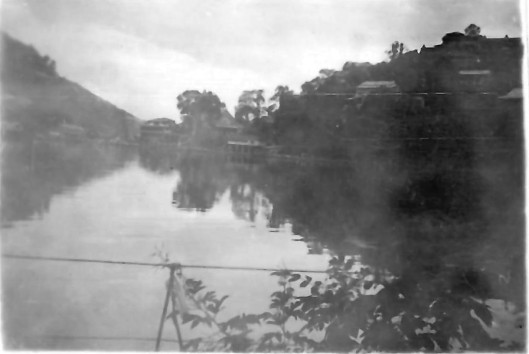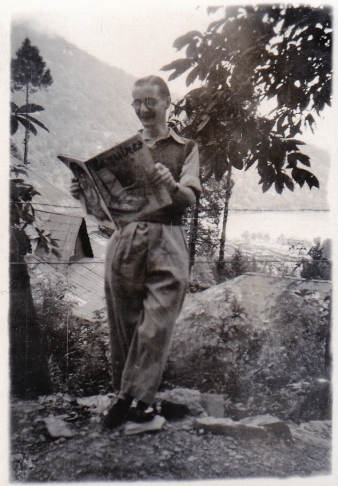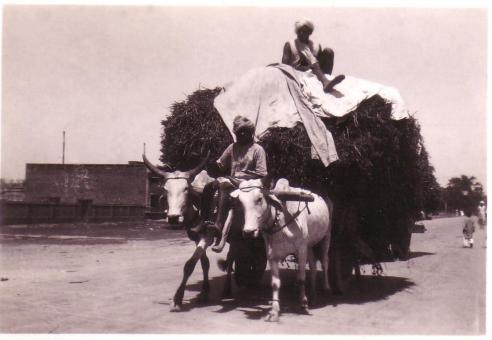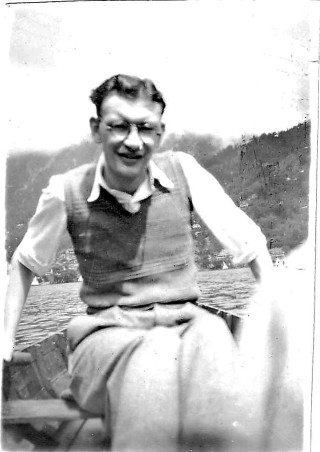Over the last months comment has frequently been made that we need to be having a conversation on how to bring people back together after the divisiveness of Brexit.
Yet, I see no evidence of this conversation being had.
The whole atmosphere surrounding the issue is unpleasant and divisive, and frequently vitriolic, and however it is eventually concluded (if, indeed, it ever is), there is the prospect of a large number of bitterly disappointed and angry people making their feelings known and even the possibility of some turning to violence.
We urgently need to be having this conversation, and we need to be having it before whatever the conclusion is, happens. Otherwise those putting ideas forward will be constantly accused of smugness or bitterness or some other motives.

Not sure why I chose this image – something to do with the whole sorry process, I suspect.
So how is it proposed that we bring people together who have held often bitterly opposing views and who have been, perhaps, shocked by the hostility with which they have been voiced? People who may feel that one-time friends have become unexpected enemies? A familiar observation on the American Civil War (the first one, that is, just in case another has broken out by the time this is published) is that it divided families and turned brother against brother, father against son, and friend against friend. This left a bitter legacy for years afterwards, a legacy that persists yet in some places over a hundred and fifty years after hostilities supposedly ceased.
It is this sort of legacy we must avoid at all costs.
Whether we leave or remain, I think it important to focus on this being a healing process, so the focus might perhaps be on the community and the environment, where there is the potential for all of us to contribute to the healing.
There should be purely enjoyable things, such as festivals and concerts, but also important issues should be tackled such as re-wilding and planting trees, or projects to help those disadvantaged in society. People might be encouraged to take part in this as a way to enable those of differing views to work with a common purpose. Whether we are in or out of Europe, community at a local level is important and is part of who we all are.
It is vitally important that we agree not to replay the arguments over and over again once it is over. The emphasis must be on how we move forward in whatever situation we find ourselves in, not point fingers and discuss whose fault it was in the first place.
There has been a certain amount of talk of the traditional political parties being no longer fit for purpose, and the possibility of them fragmenting. If this does happen, it seems likely to contribute to uncertainty and instability in the political process, perhaps with no party able to gain power outright in future elections. Like it or not, we would then enter an era of coalition government, much as is seen in much of Europe. If we have left Europe, of course, this would be rather ironic.
Strangely, this could be part of the conversation, as we will need to find a way to move on from purely adversarial politics, towards a point where parties look more for common ground. This was supposedly attempted with the Conservative / Labour talks on the Brexit plan, but neither side appeared to negotiate in complete good faith and I suppose I can think of several reasons why that was.
As an aside, it would be fantastic if every politician connected with the whole sorry process could be ditched and fresh untainted ones brought in, but I know that really is wishing for the impossible.
Yet I find it difficult to think of other ways a nation-wide healing process could take place, and so this is why the conversation needs urgent input from everyone.












